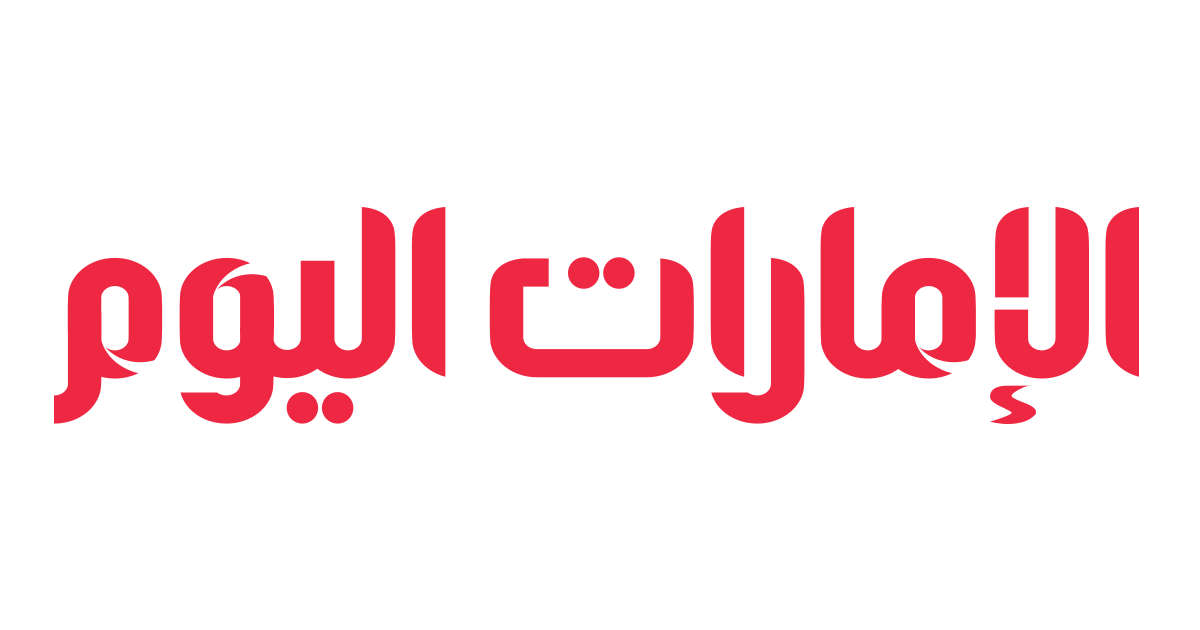At the age of thirty, Katariina Harteela cleaned the biggest awards tables in the advertising industry. Now she works for a technology company and wonders why the Advertising industry still lives on like the TV series Mad Men. The toughest checker is paid the most, stupid customers get annoyed and elbows.
The most memorable career tips can sometimes be a little uncomfortable.
Katariina Harteela was an intern at an advertising agency as she sat in a taxi on her way back to the office. Sitting in the back seat at the same time was a female advertising manager who suddenly wanted to give Hartelee advice.
The space needs to be learned to take and the mouth to open, the manager said. No one would ask Hartelee to do that, but he would have to work for it himself.
Now Katariina Harteela is 31 years old. He has won many of the most coveted awards in the advertising industry, including bronze and silver at the world’s most prestigious advertising competition, the Cannes Lions.
Perhaps Harteela’s best-known work has been Sheboard, a keyboard application for Plan based on predictive text input on a cell phone, that drew attention to the ways girls spoke. It brought attention around the world and rewarded the bronze lion.
A year ago, Harteela jumped from the advertising industry to work for a technology company. The software house Reaktor had previously set up its first advertising agency in Amsterdam, and last year Reaktor Creative started in Helsinki. Harteela now works as its creative director.
“I wanted to see if there was anything to learn outside the advertising industry,” says Harteela at Reaktor’s office in Kluuvi, Helsinki.
In the advertising industry, the entry of a technology company onto its site caused a stir. It was not curbed by Reaktor’s large international customers, such as Netflix, Adidas and Premier League Liverpool FC.
At Jodel, the comments were so bitter that Harteela completely removed the chat app from the phone.
Over the years, Harteela has learned to open her own mouth. Now he wants to talk about how the advertising industry needs to change.
Technology companies are currently jumping on the traditional plot of advertising, but the change has been entirely expected, says Professor of Marketing at the University of Jyväskylä Heikki Karjaluoto, which specializes in marketing communications based on new technologies.
“Marketing communications are increasingly based on technology that technology companies naturally have expertise in.”
Korona initially hit the advertising industry hard as companies cut their marketing budgets, and large advertisers like the event and travel industry disappeared for a moment. At the same time, consumers around the world transferred their purchases online.
“
“I wanted to see if there’s anything to learn outside of the advertising industry.”
Digitalisation has long broken industry boundaries, and the pursuit of software companies and advertising agencies has overlapped. Companies want a comprehensive service for their brands that includes both an online customer experience and individual campaigns. That’s why the advertising industry is now talking about marketing automation, artificial intelligence, data and learning algorithms, while the technology industry is talking about creativity.
Or, as the jargon in the industry says, technology is now wanted to “encounter creativity” and “data storytelling”.
Therefore, advertising agencies that want to be just advertising agencies are no longer expected to compete. Technology companies, on the other hand, recruit creative talent like Hartelee.
In the advertising industry there would be a lot to learn from technology companies, says Katariina Harteela.
“I assumed the biggest change would be that I work with coders on projects that use artificial intelligence.”
Instead of technology, the greatest doctrine was related to the way things are done together.
“When you go to a technology company to meet a customer, you won’t be told what to do. Instead, questions will be asked. ”
Advertising agencies go to the customer to know better, Harteela says. Or “waute,” as the industry says.
“Everything has to be wauta. The attitude is that a true ‘Wau’ demo deck is now being tinted and made. Then a well-known author speaks for a demonstration film, and everything has to be a big show and magic. ”
There is really nothing wrong with creating magic, Harteela says, but the essential difference is in the ethos of the whole industry. In technology companies, customers are considered experts in their own business.
“The attitude is that the customer is smart and a resource, not an annoying nuisance.”
From Hartelela, working with a client in advertising agencies was often a guesswork game, which resulted in a lot of loss of ideas.
“When the ideas were then presented to a customer, 95 percent of them flew to the trash. Still, it was not believed that ideas could be devised together. ”
Katariina Harteela has consciously learned to be more confident.
In advertising agencies a toxic alpha culture is still prevalent, says Katariina Harteela. And that is one of the crux of the problem.
“A certain world of Mad Men has been true in the industry.”
HBO’s award-winning series depicts the advertising world of New York in the 1960s and ’70s.
“It has really been similar in Finland. There is still a deep culture in the industry where confident advertising pantries play. ”
But aren’t we talking about customers instead of offices? What if they specifically want a Wau experience, a confident attitude that brings a sense of security, and a touch of magic?
The business in Hartelee has also changed. When customers are looking for a partner, many also test the collaboration in the process.
“Maybe there’s a bit of a boredom in that end too, that those same pruning ukels always come from there, and could they listen to us a little too.”
But if a customer falls in love with someone’s charisma, it’s not away from anyone on the other hand, Harteela says.
“It’s still also a matter of office culture. The premise is that there are dicks in the advertising industry and they have been properly raised and celebrated. It will inevitably result in a culture where it is desirable to use it. ”
Although change has taken place, many people in the advertising industry are still pushing their own egos at the expense of others by propping them up and pushing others down.
In the creative industry, things are easily justified by whose mouth they come from, he thinks. In a way, it is natural that in a sector where substance competence is difficult to measure, it is easy to follow who has the most control over the situation.
At first, Harteela thought it was primarily about herself.
“I thought I didn’t know and didn’t understand myself, and that’s the way it is now.”
Now self-confidence has been brought not only by awards, but also by working with major international clients. For example, Netflix was a demanding customer who was used to getting good service at every turn. It did not dictate the details of the campaign, but assumed that Harteela and her team would be able to create a new series of talk topics.
“
The premise is that there are dicks in the advertising industry and they have been properly raised and celebrated. It will inevitably result in a culture where it is desirable to use it. ”
Harteela has also talked a lot with other young people in the industry. He believes he is not alone with his experience.
“Based on my own experience and these discussions, I have the impression that the problem affects at least some of the more traditional offices. But in a big office, there are always several different styles of leadership. ”
In the field of technology leadership is also different, Harteela says. Although advertising agencies are not particularly hierarchical, in the technology sector they are quite differently low.
“I have had to reinvent my own leadership style here.”
Katariina Harteela says that she is used to the fact that those who are loud and on display are emphasized in the industry. That’s what he’s used to expecting from himself and others.
Once, Harteela was planning a campaign with a big team. One of the participants said nothing during the day. Harteela called this afterwards and asked why this had produced nothing during the day but left the idea to others.
The employee said he would have needed more time because he would have liked to share more ready-made ideas with others in the large group. Even in a small group, it would have been easier to talk about unfinished ideas.
Harteela wondered if she could have managed the situation differently.
“Everyone should have had a safer time to present their ideas. Start losing potential if it doesn’t learn to listen to everyone with good ideas. ”
Catherine Harteela’s salary is now paid by the software company. It must be remembered, therefore, that Reaktor Creative benefits from his message that on the technology side, many things are done better than the advertising industry. The alpha culture of advertising agencies is a topic of conversation, and Harteela is a professional in creating them.
There is certainly less to learn from the creative side in the field of technology as well. What did Hartelela think was done better there?
At least the fact that creative designers have a different level of abstract thinking, Harteela says.
“Let’s start by figuring out what kind of human truths and deep-seated emotions we can cling to.”
And if things are done based on data alone, everything will be the same. However, everyone has roughly the same information about what appeals to consumers, Harteela says.
“Then do just that, pick that same honeyed brand voice and show just the same things. Few dare to break out of it anymore and try something different. ”
What about that taxi ride career tip?
Harteela says she has learned from it. He has consciously practiced a more confident performance. When the Sheboard campaign was awarded in Cannes, Harteela presented it together with the client.
“It was mega-exciting, and I’m not dead.”
He says he learned practical tricks, such as the fact that a shy person should speak at meetings right during the first three minutes.
“If you don’t open your mouth until after 45 minutes, it’s already had a lot of ballast.”
Catherine Harteel is not the same person as a trainee sitting in a taxi. While learning self-confidence has been important, he says he hopes introvertes would also be better off in the creative industries. The loudest and brazenest culture should be got rid of.
“We’re going into an increasingly complex world all the time, and that requires the skill of working together. But many in the advertising industry think they are the only visionary to push their own vision forward. ”
.
#Advertising #advertising #industry #lives #Mad #Men #vicious #paid #loudest #wins #creative #director #Katariina #Harteela #learned #technology #company #customer







